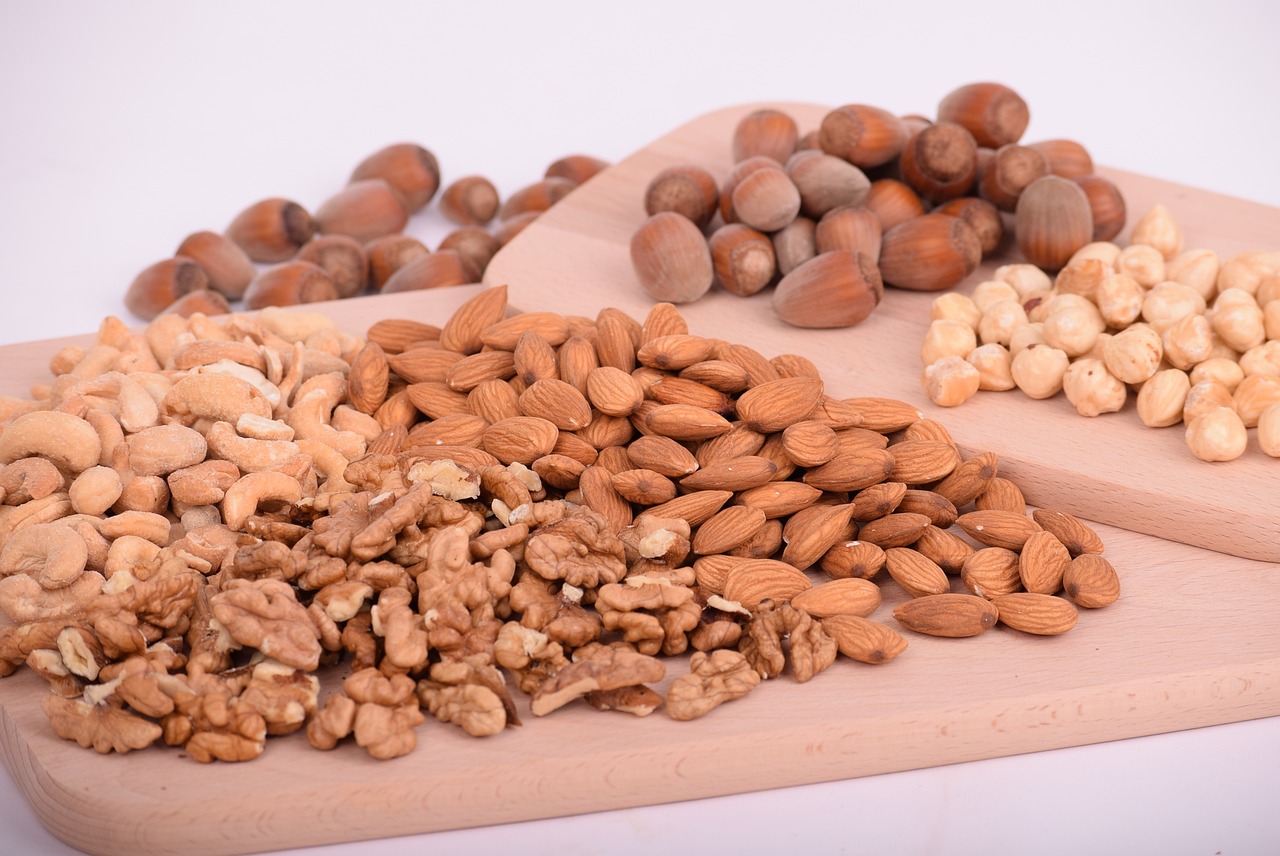Every day, we are faced with choices about what to eat and drink. With so many options available, it can be hard to know what is best for our health. Making informed decisions about our diet is crucial to maintaining our health and preventing disease. The right diet can help us feel our best, maintain a healthy weight, have more energy, stabilize our moods, and ward off illness. Eating the wrong foods can lead to weight gain, fatigue, and a host of other health problems. So, what should we be eating every day to stay healthy? Read on for some guidelines on how to create a well-balanced diet that will keep you feeling your best!
1. Consider Taking Supplements
Vitamins, minerals and other essential nutrients are needed for normal metabolic functioning. Eating a balanced diet that contains a variety of foods from each food group can help ensure you’re getting the vitamins and minerals your body needs. However, in certain cases, a vitamin or mineral supplement may be recommended to fill any nutritional gaps. Consult with your doctor or nutritionist to discuss whether a supplement is right for you. Also, integrative supplement formulas may provide additional health benefits. Firstly, it can help to regulate the body’s pH balance and secondly, it helps to enhance your immune system. Secondly, it can help reduce inflammation and oxidative stress, which are both factors in chronic disease. Then thirdly, taking supplements can help to fill in any nutritional gaps you may have in your diet.
2. Eat a Variety of Foods from Each Food Group
Each food group, such as grains, fruits, vegetables, proteins and dairy provides essential nutrients that your body needs. A well-balanced diet should include a variety of foods from each food group. For example, when it comes to fruits and vegetables, strive for at least five servings a day. Additionally, try to select whole grain products whenever possible as they are higher in fibre and other important vitamins and minerals. When choosing proteins like beef or poultry, opt for lean cuts to keep saturated fat intake low. Also, consider adding healthy fats like olive oil or avocado to meals as they provide monounsaturated fatty acids which are beneficial for heart health. Finally, limit processed foods high in salt and sugar when planning your meals.
3. Don’t Forget to Stay Hydrated
Water is essential for your body’s functioning and plays an important role in maintaining overall health. Adequate hydration helps transport nutrients, regulate body temperature, lubricate joints and much more! Strive to drink at least 8-10 glasses of water each day. You can also get water from other beverages such as herbal teas or freshly squeezed juices. In addition, the American Heart Association recommends limiting sugar-sweetened beverages like soda and energy drinks which are high in calories and contain unhealthy artificial sweeteners.
4. Watch Your Portion Sizes
It’s not just about what we eat, but also how much we eat that impacts our health. Overeating can lead to weight gain, while eating too little can result in nutrient deficiencies. Pay attention to portion sizes and aim to fill half of your plate with fruits and vegetables at each meal. In addition, control your portions of proteins and grains to avoid consuming too many calories. When dining out, consider splitting an entrée with a friend or ordering an appetizer instead of a main course. And when cooking at home, be mindful of the serving sizes listed on food labels.
5. Make Healthy Snacks a Part of Your Diet

Snacking between meals can help you stay energized and keep your metabolism going. Bring healthy snacks with you such as fruits, nuts, or yogurt to avoid reaching for unhealthy options like chips or candy. You should also be mindful of portion sizes here as well. A snack shouldn’t replace a meal, but rather complement it to prevent overeating at dinner. For instance, a small handful of nuts or a piece of fruit would be a suitable snack to enjoy between meals. This way, you can still satisfy your cravings while getting the nutrition your body needs.
Creating a healthy diet that meets all of your body’s needs is key to keeping your body healthy and feeling its best. By following these guidelines, you can enjoy a balanced and nutritious diet that will keep you feeling great every day! However, if you feel like your diet is lacking in certain areas or have any questions about what you should be eating, make sure to consult with your doctor or nutritionist. And remember: health begins on your plate!
